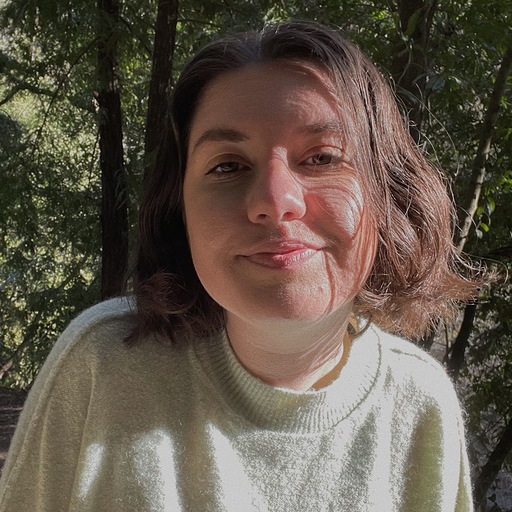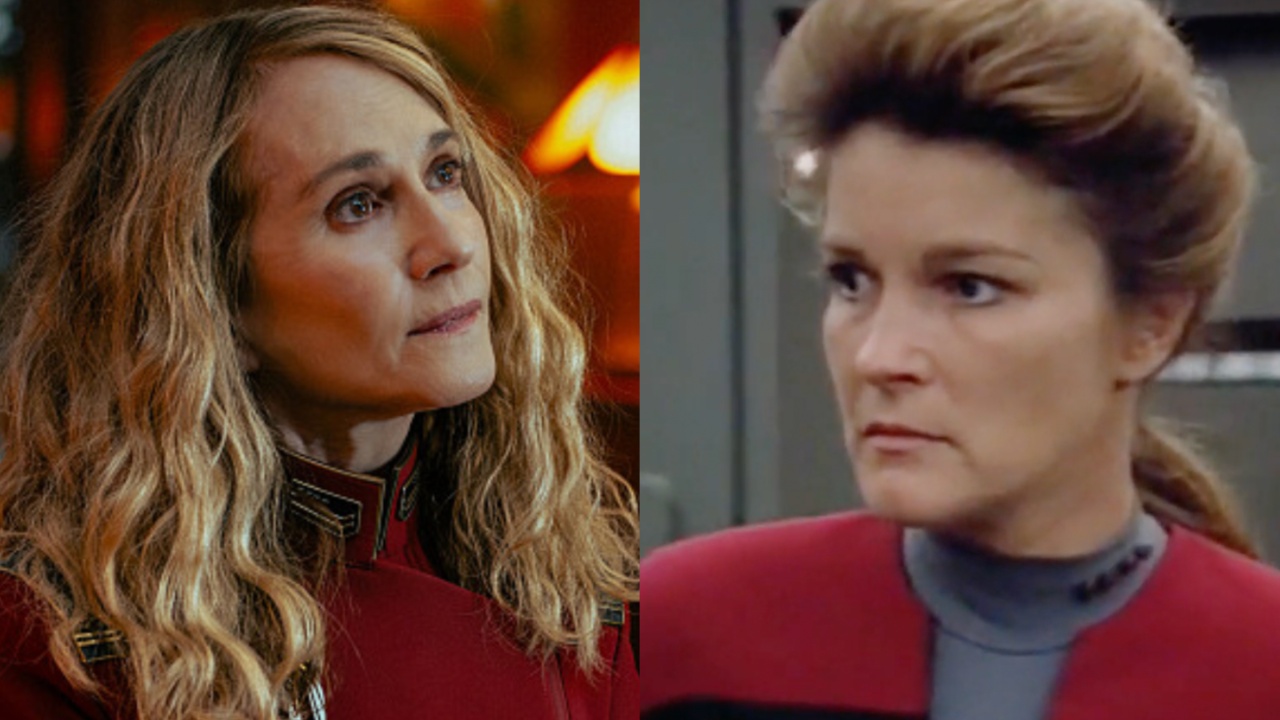‘She Was So Public About It’: Frida Director Shares How New Amazon Documentary Handles The Icon’s Bisexuality
From our interview with the documentary's director, Carla Gutierrez.
Your Daily Blend of Entertainment News
You are now subscribed
Your newsletter sign-up was successful
As we celebrate Women’s History Month in March, there are so many great documentaries about real women to look back on the groundbreaking people who have made a difference over the years. One especially exciting new doc to check out this month is Carla Gutierrez’s Frida, which tells the story of iconic painter Frida Kahlo in her own words. When CinemaBlend spoke to Frida’s director, we discussed how her film handles the painter’s life as a queer woman.
Frida adapts the Mexican painter’s life by having Kahlo explain the events of her life through the words via her journals from over the years. It’s an empowering and intimate way to get to know Frida Kahlo as a human, rather than the larger-than-life self portraits she has become so famous for over the years. While speaking to Carla Gutierrez back in January when she was debuting the documentary at the Sundance Film Festival, the director spoke about her approach to also bringing to life Kahlo’s queer identity. In the director’s words:
So, we wanted to be able to kind of show [her sexuality] the way she showed it, because she was so public about it. I mean, she was wearing suits and presenting very non-binary when she was very young. She showed her queerness in her painting in a very public way. And she talked about it. So again, it was showing the images that she chose to show out there, and putting them out there without even really being guided by her words about it as well. Like, not even like trying to have a conversation or people really explaining it that much.
As Carla Gutierrez shared with us during our virtual interview, it was important for Frida to present the artist as an important figure in LGBTQ+ history by handling her sexuality as Kahlo did during her life. (Especially considering the documentary is all from her perspective). As Gutierrez continued:
To me, it was really interesting that her husband [Diego Rivera] also talked about it to other people. And that explained a little bit about the gender dynamics that they had, how he was kind of really open and maybe a little bit excited about like her relationships with other women. But, he was really jealous of her relationships with other men. So, that was really interesting to me that, you know, I mean sure, it was kind of like the sexism of the time. I mean, we show her art the way she wanted it to be shown. I think what was really interesting is that the pictures of her like showing us as a man with the suits that was taken by her father and they were family photos. She was making a statement, but also was very much embraced by her father in the way that she was showing herself at that time. So I found that really interesting.
As the movie illustrates, Frida Kahlo was way ahead of her artist colleagues of the time, especially in terms of contributing to the Surrealist movement without knowing it by name, or purposefully doing so. Kahlo famously was married to fellow prominent Mexican painter Diego Rivera, but the relationship didn’t solely define Frida Kahlo. The iconic artist famously had affairs with both men and women throughout her life.
Kahlo is often thought of as a queer woman who was ahead of her time as well, considering she was so out and proud in the first half of the 1900s, decades before many iconic bisexual characters on television, for example, brought more normalcy to the LGBTQ+ experience. As Carla Gutierrez revealed, Frida Kahlo presented in typically male clothing in pictures taken by her father as well, making it an aspect of her life she was not only comfortable with being herself for the public eye, but to her close family.
Frida will be available to watch with an Amazon Prime subscription on March 14. You can also check out what other great movies are on Amazon Prime right now and what other 2024 movies are headed our way this month here on CinemaBlend.
Your Daily Blend of Entertainment News

Sarah El-Mahmoud has been with CinemaBlend since 2018 after graduating from Cal State Fullerton with a degree in Journalism. In college, she was the Managing Editor of the award-winning college paper, The Daily Titan, where she specialized in writing/editing long-form features, profiles and arts & entertainment coverage, including her first run-in with movie reporting, with a phone interview with Guillermo del Toro for Best Picture winner, The Shape of Water. Now she's into covering YA television and movies, and plenty of horror. Word webslinger. All her writing should be read in Sarah Connor’s Terminator 2 voice over.
